#rose mgs
Text
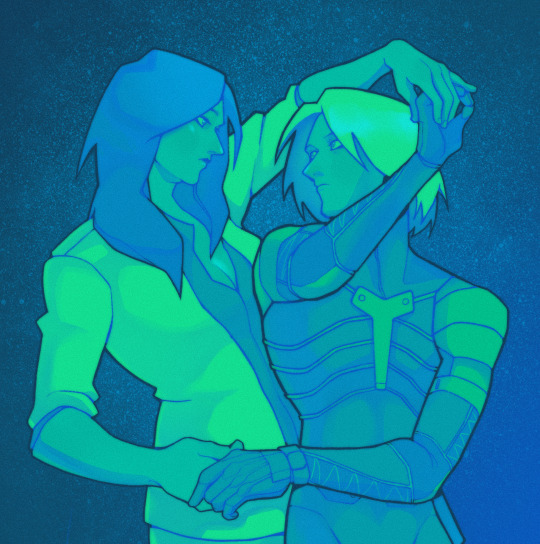
tell me now, how should I feel?
#mgs#metal gear solid#rairose#raiden#raiden mgs#mgs raiden#rose mgs#rosemary mgs#mgs fanart#metal gear#metal gear fanart#metal gear solid fanart#mgs art#theyre literally t4t in the worst way possible#man they both suck so much they should be together forever and ever
1K notes
·
View notes
Text
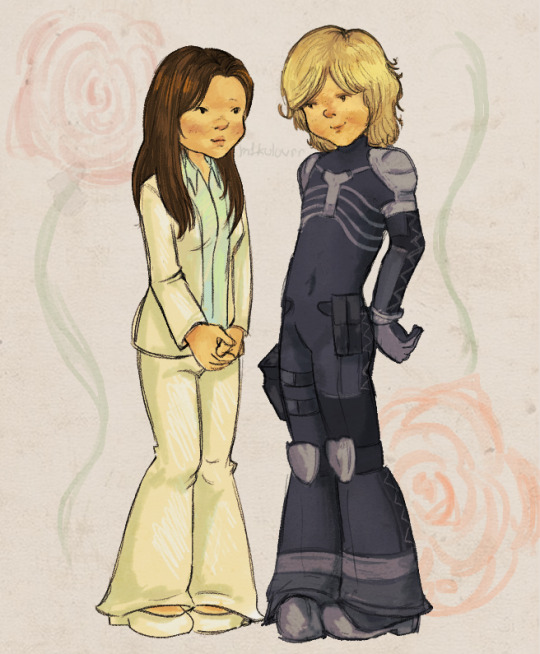

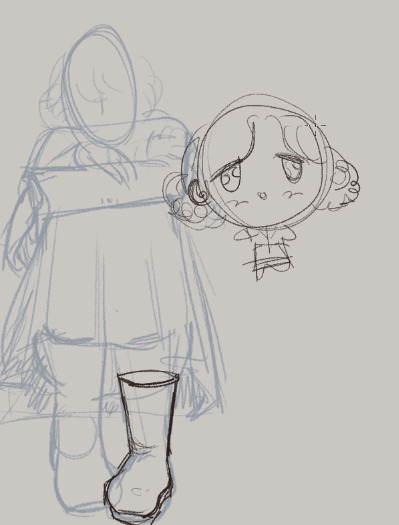
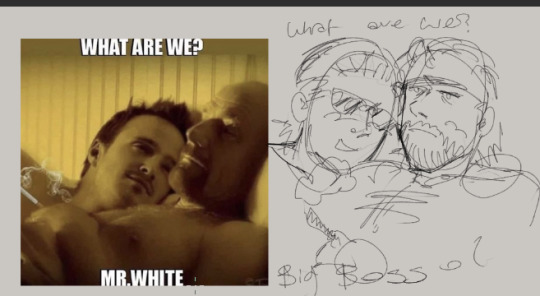
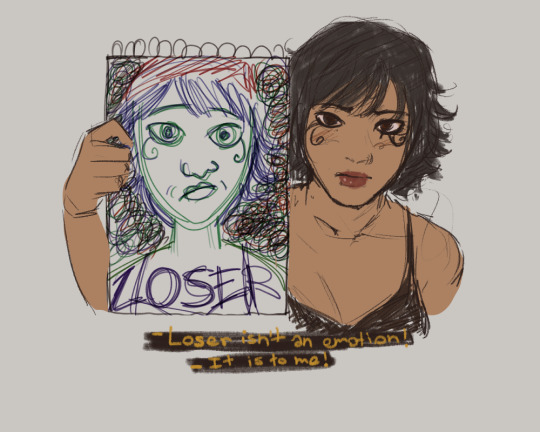
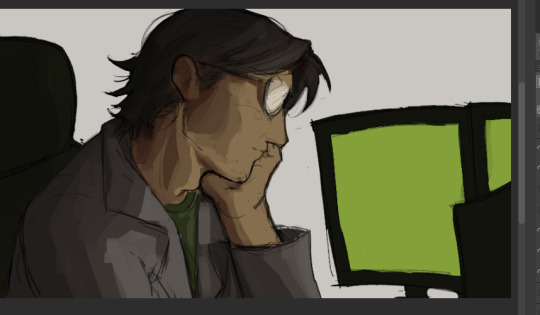
Random stuff
#art#digital art#doodle#artwork#raiden#raiden mgs#rose mgs#paz ortega andrade#bbkaz#big boss#otacon#mgs#metal gear solid#fan art#art wip#kazuhira miller#quiet mgs
295 notes
·
View notes
Text

eyes without a face
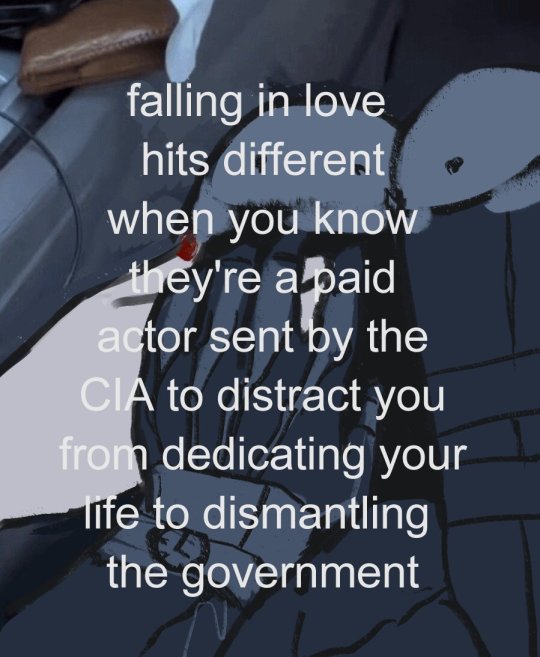
#raiden#raiden mgs#rosemary mgs#rose mgs#rairose#my art#metal gear solid 2#fond of whatevers wrong with them i think its funny
193 notes
·
View notes
Text
CAN SOMEONE REDRAW THIS BUT IT'S RAIDEN AND ROSE I CAN'T USE MY TABLET RN

#mgs#metal gear solid#mgs2#metal gear solid 2 sons of liberty#metal gear solid 2#raiden mgs#raiden metal gear#rose mgs#rosemary mgs#rose metal gear#Rairose
370 notes
·
View notes
Text
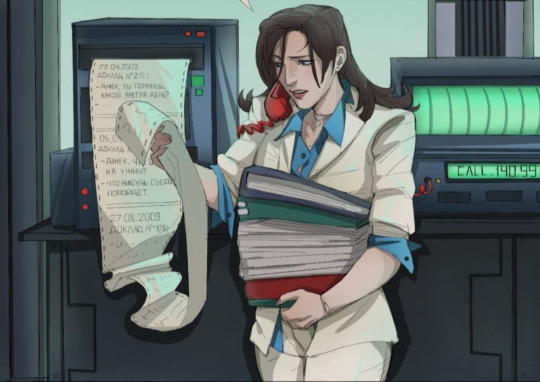
repost because tublr sucks
166 notes
·
View notes
Text
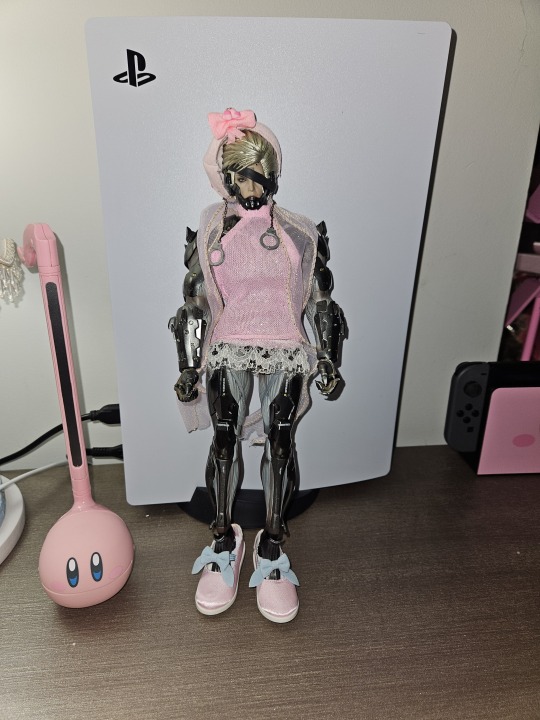
Happy Valentine's Day
#metal gear solid#mgs#metal gear rising#metal gear rising revengeance#mgrr#mgr#raiden#mgs raiden#mgr raiden#rose mgs#jetstream sam#rairose#samuraiden#shitpost#cursed#Happy that I could use the handcuffs that came with Pucci#He chose pink but we all know it will be red by the end of the day#Or white if you go with Japan's censored cyborg blood#Sexually ambiguous Raiden#Dig these child bearing hips baby
107 notes
·
View notes
Text

long time no Raiden

blue bg
#mgs#metal gear solid#mgs2#metal gear solid 2 sons of liberty#metal gear solid 2#rairose#rosemary mgs#rose mgs#raiden mgs#raiden mgs2#raiden metal gear#art#fanart
65 notes
·
View notes
Text
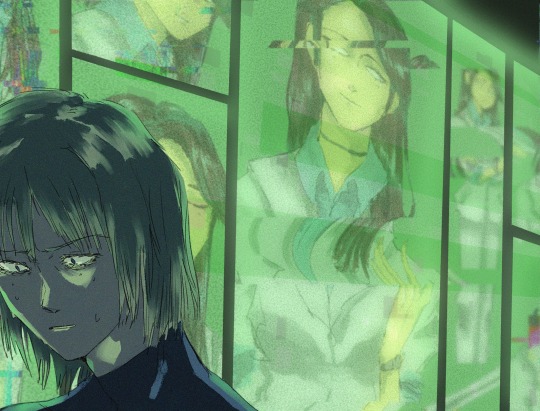
Who is She?
#metal gear solid#metal gear solid 2#mgs#mgs2#mgs raiden#rose mgs#rairose#metal gear#patriot ai#raidenfanclub
310 notes
·
View notes
Text
Raiden most definitely has Anti-Social Personality Disorder
— An essay by a fan who also has ASPD
Hello, my name is Pulsar and I was diagnosed with Anti-Social Personality Disorder when I was 23 years old back in 2018. I also study in the field of psychology and medicine, so I know a thing or two about mental health.
In this essay I want to elaborate why I think that Raiden doesn’t just suffer from (complex) PTSD but also Anti-Social Personality Disorder and I base this interpretation on canon evidence, research I did on the mental health of former child soldiers as well as my own experience with the disorder.
In the following text Anti-Social Personality Disorder will be shortened to ASPD.
What is Anti-Social Personality Disorder?
ASPD, also known as Dissocial Personality Disorder/DSPD in the ICD, formerly known under the name Psychopathy or Sociopathy, is a Cluster B (the ‘dramatic’ type) personality disorder known under the ICD-Code F60.2 or the DSM-V Code 301.7.
The reason why I will not call ASPD Socio- or Psychopathy in this essay is that these terms have been obsolete since the introduction of the DSM-IV in 1994, the disorders have been merged into one disorder as well as the fact that the ASPD community widely regards these terms as the equivalent of a slur (If you do not have the disorder yourself, do not, under any circumstances, use these words. There are words such as ‘asshole’ that describe shitty people better than you being downright ableist in your choice of words. Note that the subreddits r/aspd and r/sociopath are overrun by illness fakers and people who refuse to get better, they do not represent people with the disorder really well).
According to the DSM-V, ASPD is described as the following:
“A. A pervasive pattern of disregard for and violation of the rights of others, occurring since age 15 years, as indicated by three (or more) of the following:
1. Failure to conform to social norms with respect to lawful behaviours, as indicated by repeatedly performing acts that are grounds for arrest,
2. Deceitfulness, as indicated by repeated lying, use of aliases, or conning others for personal profit or pleasure,
3. Impulsivity or failure to plan ahead,
4. Irritability and aggressiveness, as indicated by repeated physical fights or assaults,
5. Reckless disregard for the safety of self or others,
6. Consistent irresponsibility, as indicated by repeated failure to sustain consistent work behaviour or honour financial obligations,
7. Lack of remorse, as indicated by being indifferent to or rationalising having hurt, mistreated or stolen from another.
B. The individual is at least age 18.
C. There is evidence of conduct disorder with onset before age 15 years.
D. The occurrence of antisocial behaviour is not exclusively during the course of schizophrenia or bipolar disorder.”
What the diagnostic criteria of ASPD does not list is that people with the disorder often times also have low affect, which is indicated by shallow, rather fleeting, inconsistent emotionality as well as a partial or complete lack of affective (emotional) empathy. This is likely caused by chronic emotional dissociation and is irreversible.
People with ASPD are capable of feeling every emotion, but the operative here is can, not will. Often times the emotional experience is reduced to feeling content, bored, apathetic and angry or irritated. Everything else is very much background noise that can be ignored with ease.
Also people with ASPD are able to use cognitive (learned) empathy, but often times this is used to manipulate.
Some people with ASPD are self-aware, either through diagnosis or life experience. It is possible to have a completely normal life with this disorder and people around the person with ASPD do not notice that they have anything at all, because we are pretty much capable of faking emotions very well thanks to great observational skills.
However, this does not apply to every person with ASPD.
ASPD is caused by prolonged abuse, neglect and/or trauma in (early) childhood which likely involved heavy exposure to violence. Poverty is also linked to the likelihood of someone developing it. A genetic link is being researched but has yet to be proven to be able to cause this disorder without any of the aforementioned.
The so called ‘warrior gene’ theory is pretty much bullshit, as it is argued that it can only appear in people of European ethnicity. This theory is pretty much racism at its finest and therefore anti-science.
Antisocial Behaviour in former Child Soldiers
“Anti-Social and Disruptive Behaviour
PTSD is also significantly associated with negative behaviour against an individual’s own family, the expression of anger and hostility to others, and self-harm (Burton, Foy, Bwanausi, Johnson, & Moore, 1994; Deykin, 1999; Deykin & Buka, 1997; Dodge, 1993; Dutton e al., 2006; Friedman & Schnurr, 1995; Golding, 1999; Joshi & O’Donnell, 2003; Lewis, 1992; Perry & Pollard, 1998). Research shows that former child soldiers have difficulties in controlling aggressive impulses and have little skills for handling life without violence. These children show on-going aggressiveness within their families and communities, even after relocation to their home villages (Wessels, 2006). In a qualitative study, Magambo and Lett (2004) reported that former child soldiers in northern Uganda mainly applied physical violence to resolve conflicts. Although the children sympathised with victims of violence, they could not even think of non-violent alternatives, reflecting an absence of adequate social skills.
Most former child soldiers have spent several critical years of their development in captivity, under the constant threat of abuse and manipulation by their commanders.
Most probably, this period affects the development of a personal and collective identity (Kanagaratnam, Raundalen, & Asbjornson, 2005). In general, children exposed to war and child soldiering show a strong identification with their own group (Gloeckner, 2007; Jensen & Shaw, 1993), and develop a worldview dominated by political and nationalistic categories (Feshbach, 1994). In the Gloeckner (2007) study, it emerged that the longer children had stayed in abduction, the stronger was their rebel-related collective identity. But it may be that their collective identification might occur post hoc after return to their home communities. Gloeckner explained that questions and discussions of family and community members about the cruelty of the LRA’s actions may activate a process of reasoning about what had happened. Former beliefs about ‘right’ and ‘wrong’ actions might clash with current ones, and in order to regain cognitive homeostasis, identification with the rebel group is aspired. Interestingly, this study showed a positive correlation between collective identification and reactive aggression (physical and verbal aggression and anger). In addition, Gloeckner (2007) reported that formerly abducted children with PTSD might be especially vulnerable to accepting simplistic models of ‘good versus bad’ – a black and white worldview, which is a known cognitive distortion. Although a rigid political view might be protective during exposure to war events, it might facilitate violent behaviour after returning from the fighting to individuals’ home communities.
Children living in conditions of political violence and war have been described as ‘growing up too soon’ and ‘losing their childhood’ (Boothby & Knudsen, 2000; UNICEF, 2005, 2006). Levels of conscience seemed to be significantly related to the severity of PTSD symptomatology, but also with negative schematisations of self and others and lower self-efficacy ratings (Goenjian et al., 1999; Joseph, Brewin, Yule, & Williams, 1993; Saigh, Mroueh, Zimmerman, & Fairbanks, 1995).“
- The Psychological Impact of Child Soldiering (by Elisabeth Schauer and Thomas Elbert)
“Behavioral Problems
Former child soldiers exposed to brutal episodes of war-related violence face a range of behavioral problems. In addition, post-conflict factors may contribute to varying degrees of vulnerability to adverse behavioral outcomes. According to Lev Vygotsky the child’s culture and community that he lives in largely affects his development. Vygotsky believed that important learning by the child occurs through social interaction.
For a number of years child soldiers spend time with adult militants under strict rules and regulations. The children were constantly exposed to hostile situations that had negative impact on their psychosocial wellbeing. The children’s thinking pattern and cognitive schemas changed in to more aggressive and violent direction. The children were indoctrinated to perform atrocities without asking questions. They witnessed the gloomy realties of war that made drastic changes in their behavior. The children who had committed atrocities in the past have high risk of developing conduct disorders or anti-social personality disorder and addiction problems if their mental health issues are not appropriately addressed.
In Nepal, Kohrt and his team in 2008 concluded that post-conflict factors such as stigma might contribute to adverse mental health outcomes. Former child soldiers in his sample showed significantly higher symptoms of depression and PTSD compared to matched controls even after adjusting for exposure to traumatic events. In 2010 the researcher Betancourt did a prospective study to investigate psychosocial adjustment in male and female former child soldiers in Sierra Leone using 156 male and female child soldiers. Over the 2-year period of follow-up, youth who had wounded or killed others during the war demonstrated increases in hostility. It has been reported that former child soldiers in Uganda had various behavioral problems and some of them were charged with anti-social activity after their demobilization. Over 70% of prisoners in the juvenile crime unit in the Gulu District, Uganda are former child soldiers, incarcerated on charges of rape, assault and theft.
Social relationships play a key role in child’s behavior as explained by the Psychologist Urie Bronfenbrenner. Nested interacting spheres of social relationships that determine individual behavior and well-being are the fundamental components of analysis in social ecology. When these children were abducted and kept in camps, they had no way of having healthy social relationships.”
- Psychosocial Problems Of Child Soldiers (by Professor Daya Somasundaram and Dr. Ruwan M. Jayatunge)
These to excerpts from two different essays on the mental health of former child soldiers speak for themselves. ASPD is also the only personality disorder that is associated with child soldiers.
Although Raiden had been in treatment when sent to the United States, it doesn’t seem that the treatment had been appropriate enough to prevent him from developing ASPD. It’s mentioned in the Metal Gear wiki that he had at least become ‘outwardly stable’, however, we can see from how he behaves in canon that he hasn’t processed any of his trauma whatsoever.
To treat PTSD or any personality disorder, appropriate trauma therapy is required.
This has obviously not been the case for him, as he’s incredibly mentally unstable and violent.
Even the introduction of nanomachines in his body through the Patriots hasn’t prevented any of his behavioural problems although they did successfully suppress his memories of his trauma, as we learn in MGS2.
The way Raiden shows traits of ASPD
Shallow Affect and Lack of Empathy
Albeit Raiden is portrayed as an emotional person, his emotionality often consists of anger and aggressiveness, and he doesn’t seem to be particularly empathetic either.
In fact, his lack of empathy (and how he justifies his actions to himself) is even being called out by Jetstream Sam in the 4th chapter of Metal Gear Rising. He is also shown to have no reactions to allies dying (Emma Emmerich in MGS2 and Naomi Hunter in MGS4) and is just awkwardly standing there like a cardboard cut-out. While Snake doesn’t show or say anything in these scenes either, his stance is not awkward like Raiden’s.
Raiden is also often told to calm down by various characters throughout the franchise when he is reacting to things with anger or aggression to an almost inappropriate level and he never takes it well. Neither is he good with receiving criticism, and will verbally attack the person who criticised him.
Kevin Washington also calls him creepy for how Raiden describes the cyborgs he is killing like ‘walking vending machines’.
It is also said in the script of MGS2 that Raiden in general has trouble understanding other people’s feelings.
Failure to conform to social norms
“Companies like ours — yours — bend the law as they see fit. Why not bend it when it can save innocent lives?” — Raiden to Boris in MGR
The entire game of Metal Gear Rising basically encompasses this whole part of Raiden. He is seen to be breaking the law out of an emotional urge (which Blade Wolf comments on as well after the awakening of Jack the Ripper) because seeing the children in the lab in Guadalajara being turned into cyborgs against their will triggered him. We learn that he doesn’t act like this because he is some kind of hero protecting the weak (as he is always trying to tell everyone including the player for the first half of the game), he does this out of selfish reasons — to have a reason to kill. His morality is quite grey. Sure, he is on the side of the ‘good guys’ — but his methods are cruel, the style of an anti-hero.
“Not that much of a hero after all, right?” — Raiden to Blade Wolf after killing Monsoon
He shifts his morality as he sees fit — same as the companies he is criticising.
Armstrong points out their “kindred spirits” as he is dying at the end of the game as well and we as a player understand that our enemy is right. To achieve our goals, we went overboard with everything and justified our violence — Raiden’s violence — with doing the ‘right’ thing.
Manipulation and Deceitfulness
“So it was artificial on my end too. It was just a game, not the real thing.”
Raiden says this to Rose after she confesses to him that she is a Patriot spy and it almost feels like a confession. The way he says it is very callous, unlike how he talked to her before (and he reverts back to his ‘usual’ self later on anyway), it feels like a ‘mask slip’ where he says what he truly feels. I think about this scene a lot and it makes me believe that Raiden did not truly love Rose until he actually lost her (MGS4). Basically ‘not recognising what you had until you lose it’.
People with ASPD often get into relationships to get something out of it – be that getting rid of boredom, money or sex – and they go very far when it comes to faking emotions such as love.
It is often said that we cannot love, but this isn’t true. Love to us is more of a conscious choice of committing to someone rather than an emotion and can be very mature when it’s honest. We are also very obsessive lovers, which can turn very toxic very fast if not self-aware and controlled.
Impulsivity and the failure to plan ahead
Stabbing himself to impale Vamp without thinking through that he is going to bleed out, quitting his job at Maverick without thinking through how he is going to pay his bills in the future and the entire ordeal that is the World Marshal incident are what I can list on top of my head where Raiden acts very impulsively.
Aggressiveness, Abusive and Violent Behaviour
In MGS2, Rose mentions that Raiden ‘raised his hand against her’ when she tried to enter his room. This translates to more than just a slap in the face (and even that is horrible behaviour when you are in a relationship) if we look further into Raiden’s behaviour across all the games in which he appears.
In the same game we learn that Raiden genuinely enjoys murder. He asks Snake about it, horrified about himself, if he does the same which Snake denies.
In MGS4, Rose talks to Snake about Raiden and why they aren’t together anymore. She speaks about how he became a violent alcoholic (Substance Use Disorder is highly common in people with ASPD) as he was unable to cope with his traumatic memories resurfacing. She implies that he got into regular fights as well, saying so by mentioning that he came home covered in cuts and bruises.
We don’t know for sure, but it is likely that Raiden also hit Rose as well but she doesn’t outright say it. She just states that she is scared of him.
“I am worried about him, of course, but… I am also afraid of him.” — Rose about Raiden in MGS4
If you look closely at the scene in which Snake mentions Raiden’s family in MGS4, you get a quick glimpse of Raiden trying to hit Snake — only to break down and fall to his knees, crying.
His willingness to physically assault people who are close to him is another one of these signs that speak for ASPD in him.
“Resolving everything with violence, is that it, Raiden?” — Sam to Raiden in MGR
“Feasting on the insides of your enemies?” — Monsoon to Raiden in MGR
Both Sam and Monsoon call out Raiden for his violence in MGR and how he justifies his actions with ‘protecting the weak’ which we learn in the same chapter, is a load of bullshit.
Raiden confesses that he fights for the pain he feels — or likely, the adrenaline rushes one gets from it — when being hurt in a fight, that protecting the weak was a lie he told himself to ‘keep himself in check’ and that he thought that he could live a normal life, with his friends and family having his back.
However, this didn’t work out and he found himself back on the battlefield and we finally learn why and the reasons are just as shallow as the rest of him.
Reckless disregard of the safety of self or others
Raiden’s recklessness in MGS4 could also be read as suicidal ideation, which is also something a lot but not all people with ASPD experience.
Impaling himself and cutting off his own limbs are things I would consider ‘reckless disregard for the safety of self’ as he does this without thinking things through. In his fight with Vamp he definitely didn’t want to die in the end, so I suspect this to be him not thinking things through (which he does a lot, acting on impulses).
The same goes for his wish to walk through the microwaves instead of Snake (and god I wish he would’ve gone instead of Snake), which Snake points out is suicidal and that he has a whole life to live still.
In MGR, Raiden decides to eradicate World Marshal, the largest PMC in the universe at the time of the game, entirely by himself. He raids its Headquarters with total disregard for his own safety or that of others, as he is just ‘lucky’ that the parts of Denver he is getting through, are blocked off from the public. Raiden doesn’t harm civilians — but he doesn’t particularly care if they die either. We know he’s lying to himself about being the good guy.
Although his team is unofficially supporting him, he has no backup in case something happens.
Consistent Irresponsibility
Raiden is shown to be consistently irresponsible.
He doesn’t hold himself accountable for his actions by lying to himself about his morality and basically gaslighting himself and others about his behaviour.
He doesn’t listen to work instructions — Kevin calling him out in the first chapter of MGR for it — and therefore fails missions.
He is also shown to constantly argue with the colonel in MGS2, always trying to get out of the situation he is being put into and not taking responsibility.
Lack of Remorse
In MGS2 we learn that Raiden enjoys murder without feeling any particular hard feelings about it. He is terrified about the realisation but doesn’t feel any particular feelings of guilt for it.
Neither does he ever mention that he regrets having physically or emotionally harmed Rose in any of the games he appears in (Rose has issues too — they both definitely act like nothing bad ever happened between them at the end of MGS4 and I wish them both a nice stay in the psych ward).
Raiden’s justification to kill in MGR is to ‘protect the weak’ which later turns out to be a complete lie he tells himself and others to seem like the good guy. He’s very much gaslighting himself into believing this throughout the game until Sam and Monsoon confront him about his behaviour and hypocrisy and Raiden drops the mask and reveals his true intentions: that he fights to feel pain in battle, because he gets high on it and that he very much enjoys murder.
“Who protects the weak from the man who ‘protects the weak’?” — Monsoon to Raiden in MGR
In MGR you can also cut off the clothes of civilians you saved. If you do so, your teammates call you out for it. Raiden then does half assed apologies for it, even laughs when being called a nasty creep.
He genuinely finds it funny to apparently terrify innocent civilians and doesn’t show any remorse when being called out for it.
Summary
Looking back, Raiden does show many traits of a person with Anti-Social Personality Disorder throughout all the games in which he appears. Although MGR is a lot more “in-your-face” with it, the mainline games show him having those traits very much as well (to be diagnosed one must meet 3 out of 7 listed criteria points, so even if you regard MGR as non-canon, he would still meet the criteria from what we learn from the mainline games).
The fact that a lot of former child soldiers struggle with this disorder as adults adds to my theory that he has it.
I often see people argue that MGR was not the direction that they would like to see Raiden go and that he is too ‘brutal’.
In my opinion, MGR was the more realistic ending for him. I have ASPD and I know that white picket fence home lives just don’t work for people like us.
We grow so bored, we start to fuck up shit for ‘fun’ and ruin our lives that way or get addicted to drugs.
Raiden choosing the battlefield, finally accepting who he really is (‘Jack the Ripper’), is the more realistic and healthier ending for him than him just lying to himself and being on edge all the time, potentially ruining his marriage that way in the span of a year or two.
Love cannot heal extreme childhood trauma, sorry guys.
And Raiden seriously needs therapy.
#Raiden#Raiden mgs#Raiden mgr#mgs#mgr#metal gear solid#metal gear rising#mgrr#redrage writing#aspd#anti social personality disorder#antisocial personality disorder#solid snake#rose mgs#my thoughts#my writing#golden writing#golden thoughts
156 notes
·
View notes
Text
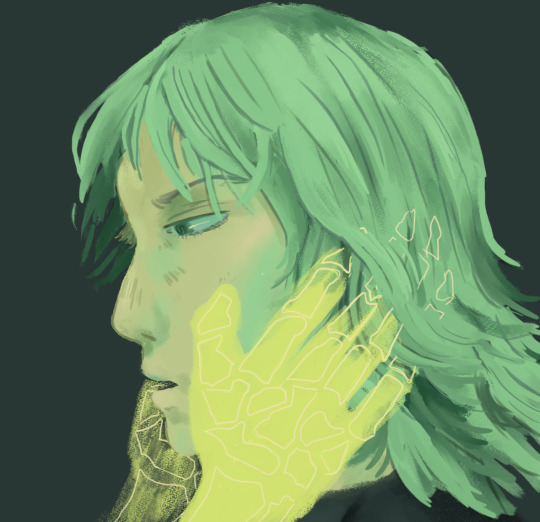
“Jack honey, did something happen to you? After we got separated in that long hallway?”
#yes this is a silent hill 2 reference#he’s kind of James core don’t you think#something about them sequel games lol#metal gear solid#metal gear solid 2#metal gear solid 2 sons of liberty#mgs#mgs2#mgs2 sons of liberty#mgs2 raiden#mgs raiden#raiden#metal gear rising#metal gear rising revengeance#rosemary#rosemary mgs#rose mgs#mgs rosemary#certified smoob classic
74 notes
·
View notes
Photo

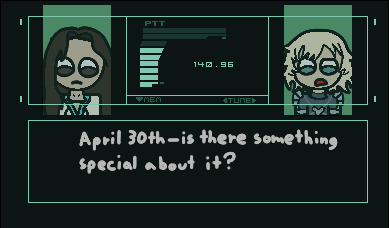
"Isn't there?" "I can't remember. I'm sorry."
#I drew this on time and then forgot to post it 💀#my art#artists on tumblr#raiden mgs2#mgs2 raiden#mgs2 sons of liberty#mgs2#metal gear#metal gear raiden#metal gear solid peace walker#metal gear solid 2#metal gear solid#mgr raiden#raiden mgs#raiden#sons of liberty#rose mgs#mgs rose#rosemary mgs#mgs rosemary#myart#art
70 notes
·
View notes
Text

what if two femcels got married
#can a smiths girl and a joy division boy really make it work#actual radioactive hazard of a couple#mgs#metal gear solid#rairose#raiden#raiden mgs#rosemary mgs#rose mgs#mgs fanart#metal gear#metal gear fanart#metal gear solid fanart#mgs art#mgs2#reposting cause it wasn’t showing up anywhere i love this website
292 notes
·
View notes
Text
i got bored again so i made mgs slander
spoiler warning
#mgs#metal gear solid#revolver ocelot#strangelove mgs#dr strangelove#the end#rose mgs#raiden mgs#rosemary mgs#mgsv#mgs2#mgs3#mgspw#big boss#kazuhira miller#metal gear#johnny sasaki#solid snake
32 notes
·
View notes
Text
Does anyone else remember that one off line in mgs2 when rosemary says how raiden hit her???? I think about it often.
14 notes
·
View notes
Text
rosemary likers take my hand lets skip around in a whimsical manner
50 notes
·
View notes
Text

Literally me everyday
this scene brought back my humanity
45 notes
·
View notes